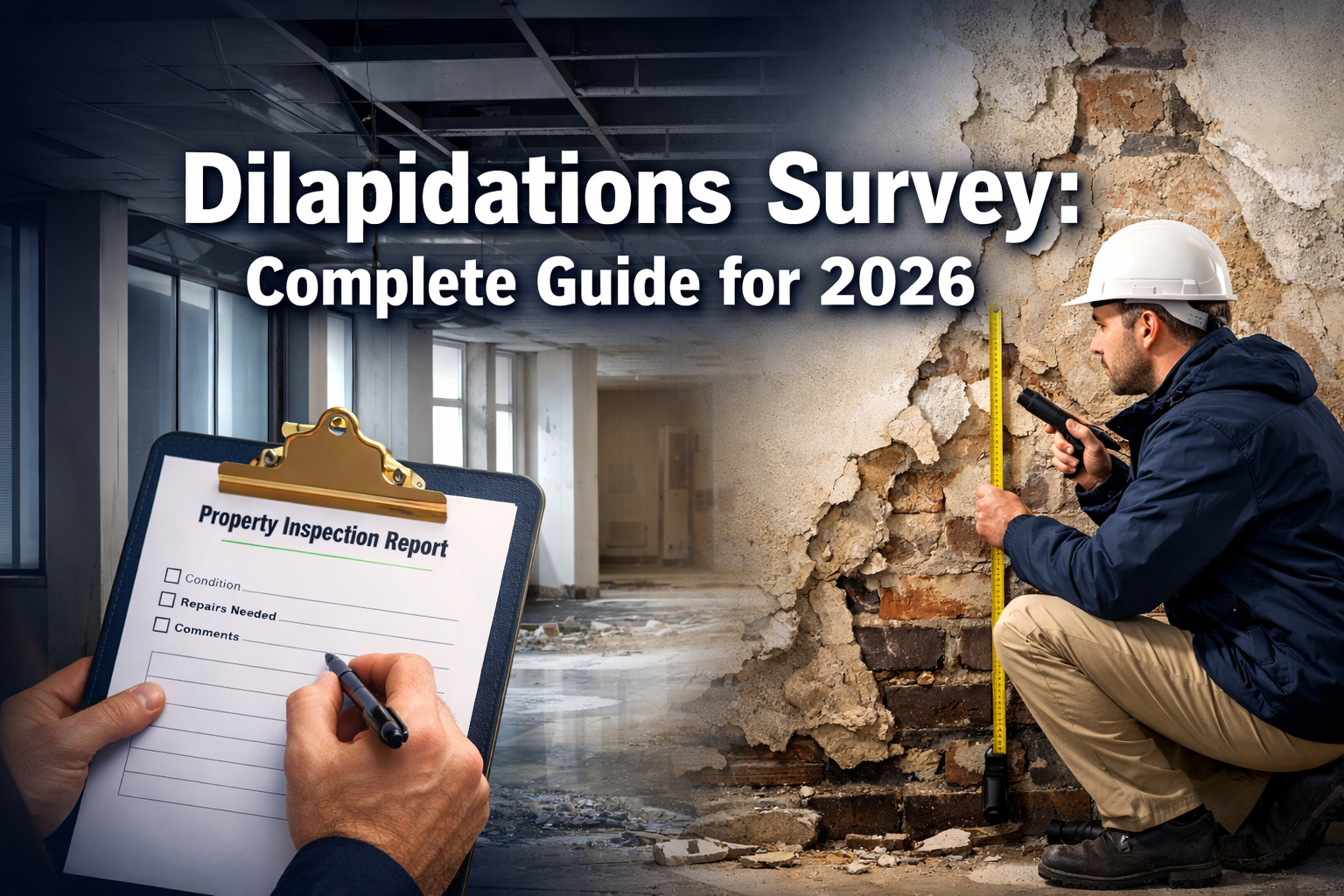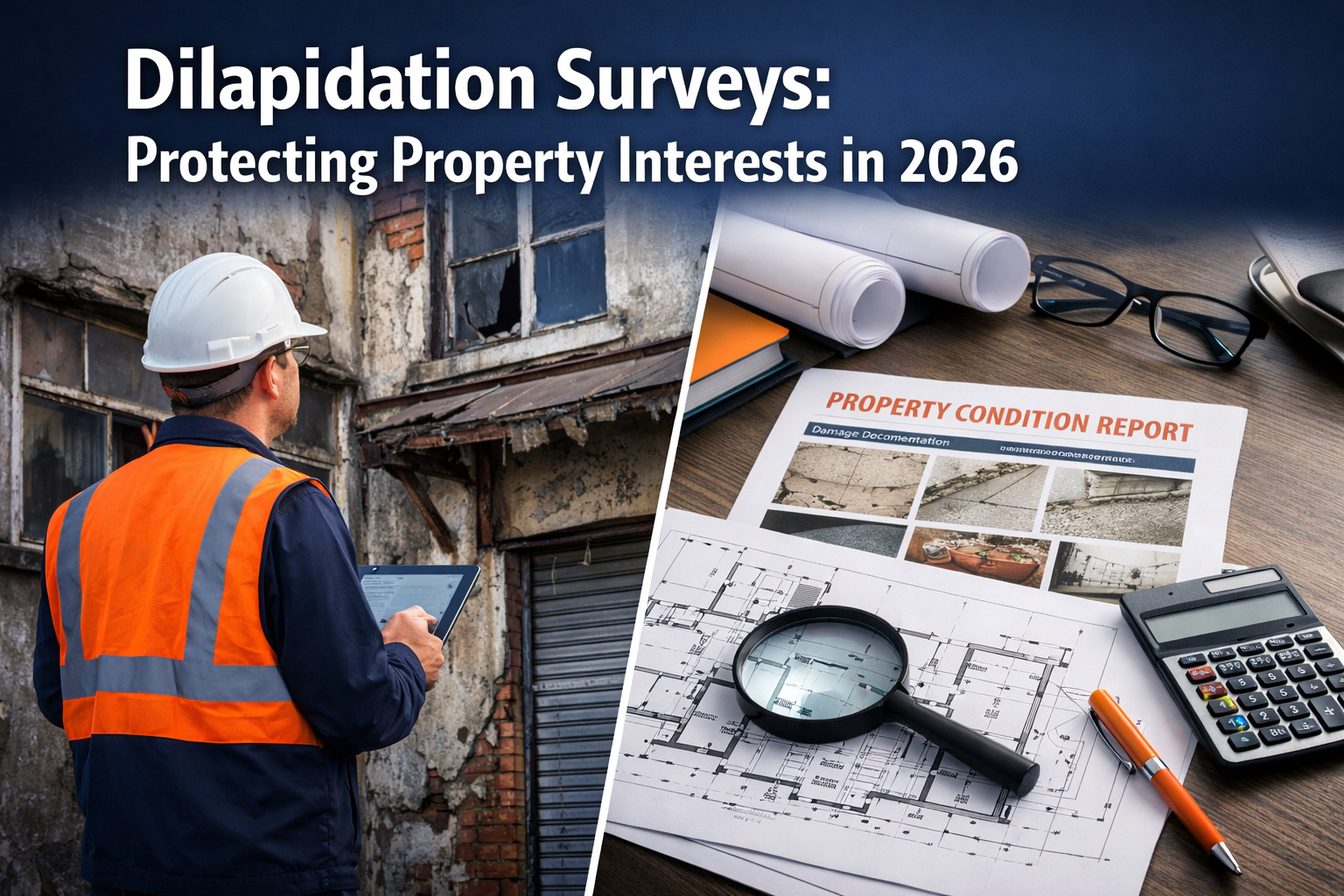Commercial Valuation
- Home
- Commercial Valuation
Canterbury, London, Bristol, Birmingham, Manchester & Cardiff Commercial Valuation
A range of factors needs careful consideration in the property market when valuing commercial properties in Canterbury. Properties are valued based on their specific attributes, such as location and condition, as well as their current trend in the real estate market.
The service is usually sought after for several reasons, including investing, buying, or selling commercial properties and getting loans where these properties serve as collateral.
Whether they’re doing the work internally or contracting it out, companies (including banks and private lenders) need to ensure they’re getting an accurate picture of the value of properties upon which they’re making financial decisions.
Appraising a commercial property is a process that generally entails a comprehensive inspection of the property itself, a consideration of any leases and tenancy agreements that pertain to the property, and an assessment of the property’s condition. Most appraisers perform their appraisals through an analysis of the property’s current market situation and they base their appraisals on the most probable price at which the property would sell under the conditions necessary for a fair and normal sale.
Appraisals of this sort yield the appraised Market Value of the property.
A shop, office, or industrial unit – that is, a commercial property – is an asset class that produces income for its owners. Such property is normally managed by investors who seek a return on their investment and who may be willing to incur a variety of risks to achieve that return.
Commercial real estate in Canterbury is valued for a number of reasons, including (but not limited to) the need to establish value for security used to back loans, for sale, for the appraisal of a development in which a piece of commercial property is part, for purposes of taxation, and for property insurance.
Table of Contents
Does my Commercial Property need a Valuation?
There are several key reasons necessitating the need for commercial property appraisals in Canterbury:
The Market Value: first is the basic need to ascertain the market value of the property. When one contemplates the acquisition of a piece of commercial real estate, it is imperative to know its current market worth.
Loan Security: knowing the market value is even more critical when the property in question is to serve as leverage for a loan. A business seeking funding from a bank will most certainly require an appraisal to establish that their real estate holdings are indeed worth the amount they are requesting, not to mention worth enough to serve as collateral.
Appraisals: one must also consider the need for appraisals in connection with upcoming dilapidations, which describes the repairs that the landlord will try to make the tenant pay for after the tenant vacates the premises.
Types of Commercial Valuation Canterbury
The global valuation standards set by RICS Valuation are what Chartered Surveyors utilise to assess the value of a commercial property. When determining a property’s market value, Chartered Surveyors predominantly use three kinds of assessment techniques: the cost approach, the income approach, and the sales comparison approach. While these techniques are similar in many respects to the methods of appraisal that estate agents use for residential properties, they provide a far more detailed analysis of the commercial property’s value.
Sales Comparison
The technique employs recent sales of similar properties in estimating the value of a subject property. It requires the analyst to examine a number of different elements closely. These include the age, location, and condition of the property. Then, it is necessary to consider the amount of time since the property was sold, and how the amount might be affected by events in the real estate market before and after the sale in question. Finally, the appraiser must consider some other elements that enter into the picture—like the size of the house and how close it is to different kinds of public and private services.
Income Approaches
There are three distinct sub-methods:
The Gross Rent Multiplier: this involves taking properties that are comparable to the one being valued and determining their ratios of sale price to gross rent. You end up with a number that is a multiplier which can be applied to the subject property’s gross rent to arrive at an estimate of value.
Direct Capitalisation: uses the net operating income of the subject property and a capitalisation rate that is supposedly appropriate for the local market to determine the value of the property. The rate is supposedly derived from sales of comparable properties and adjusted for the subject property’s location and condition and a number of other things.
Discounted Cash Flow: this method forecasts net cash flow over time, usually 10 years, and estimates the value at the end of the period. It uses the present value of the cash flows to come up with a value.
Cost Approach
While the residential property’s value tends to focus on the building condition, location, potential for generating rental income and such, the cost of construction is the basis of this appraisal. That seems more applicable to older buildings, where such things as physical deterioration and obsolescence factor into the appraisal. On top of that, this approach takes into account the building’s economic lifespan.
RICS Commercial Valuation Service Advantages
- Dependable: RICS valuers are trained to provide reliable and dependable appraisals that balance the current market conditions against the upsurge in demand for business property so that the determinations of worth are as close as possible to the forecasted values.
- Professional: beyond the actual property valuation, RICS valuers guarantee a high degree of professionalism and ethical standing simply due to the necessity of complying with the globally accepted standards of the RICS Red Book.
- Market insight: RICS valuers possess an extensive knowledge of and insight into the commercial real estate market that transcends mere understanding of the actual physical features and location of the property they are valuing.
- Risk identification: Canterbury surveyors can identify and evaluate potential risks, and the determinations or forecasts they make are somewhat conservative as far as property valuation goes simply because they are factoring in various potential pitfalls.
- Impartiality: registered valuers provide an unbiased and impartial assessment of a property’s value that is fundamental to positive interactions and experience between buyers and sellers.
- Finance: homeowners seeking commercial property finance or refinancing are likely to be told by their lenders that an RICS valuation is a must in order to support the swaying of value in favour of the mortgagor.
- Negotiation: the property valuation becomes a powerful asset for either party and a great aid to the negotiations whether one buys, sells or rents.
- Credibility: RICS is a respected and credible international institution; therefore, using its property valuation service carries a high degree of credibility.
- Strategic advantages: key property decisions like acquisitions, portfolio management, and property disposals require a solid basis for the underpinning value of the property in question. The RICS Valuation Service can provide that.
- Understanding: a valuation report can serve not just as a valuation but a doorway into understanding the property market better.




